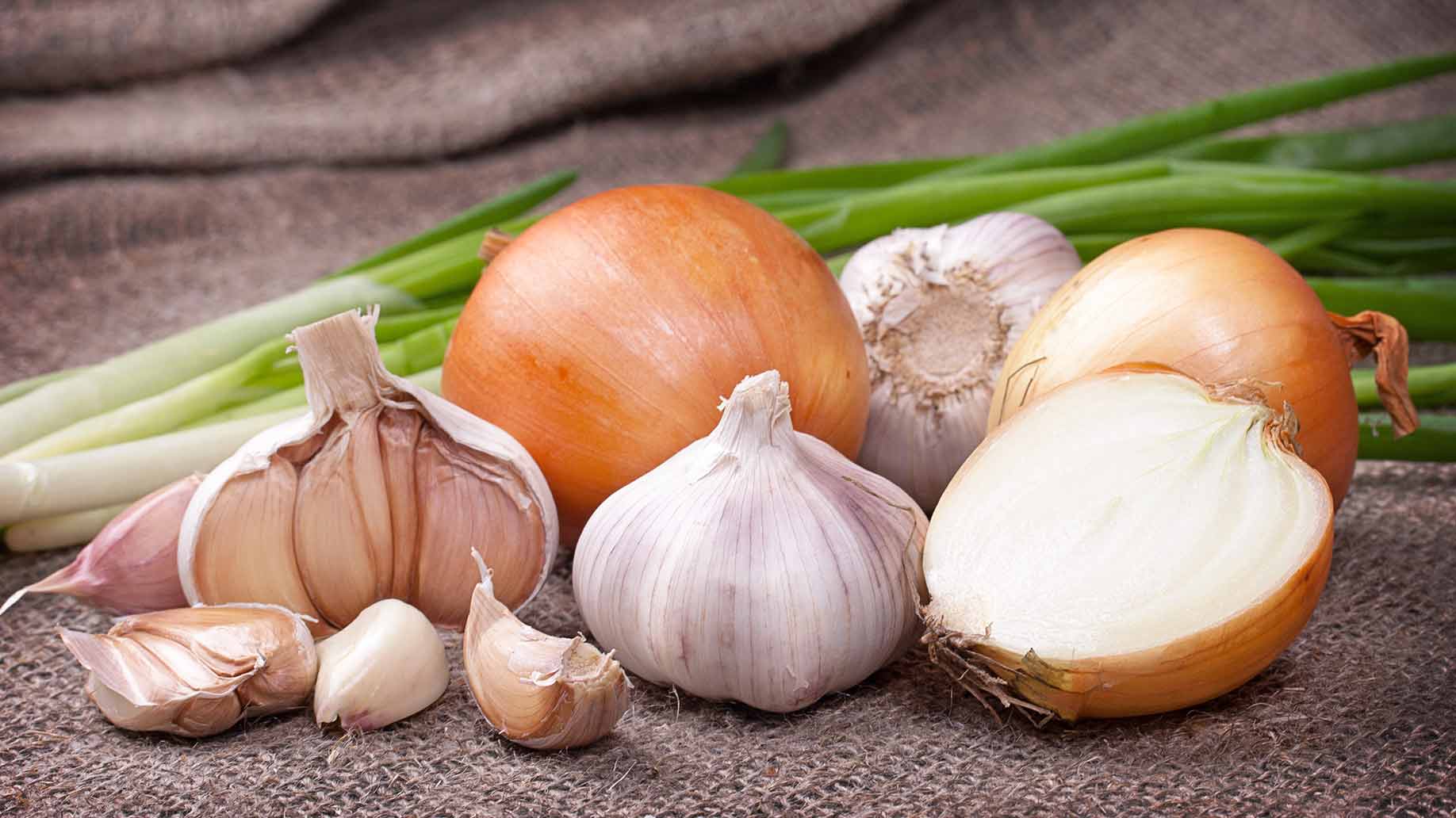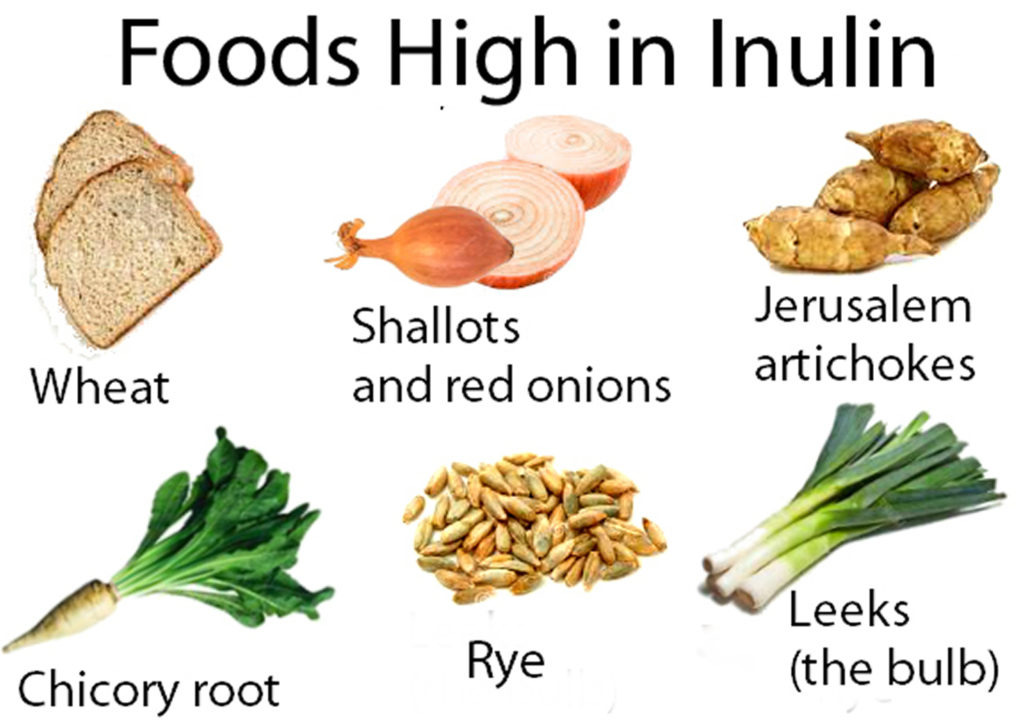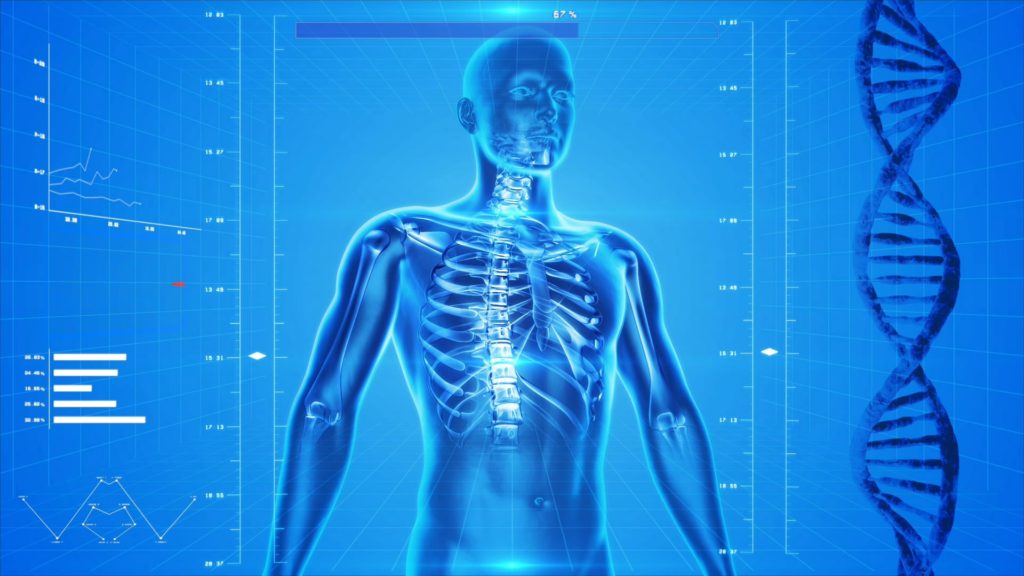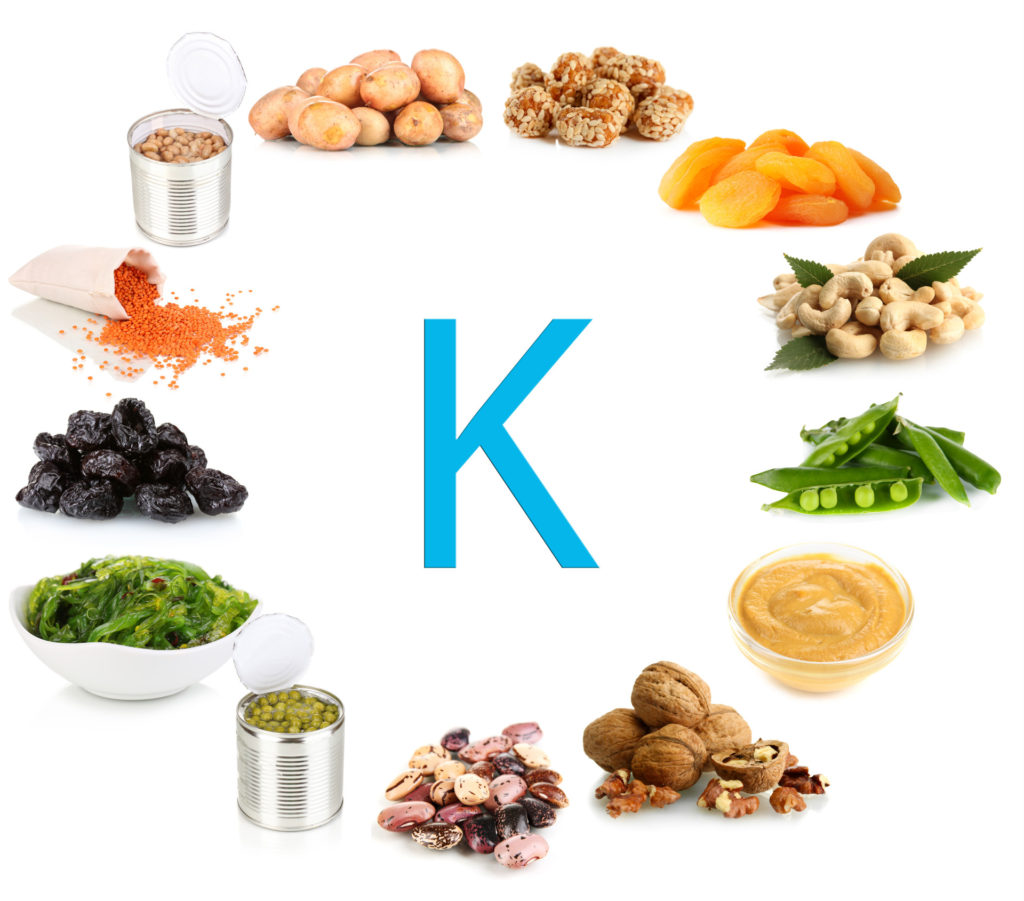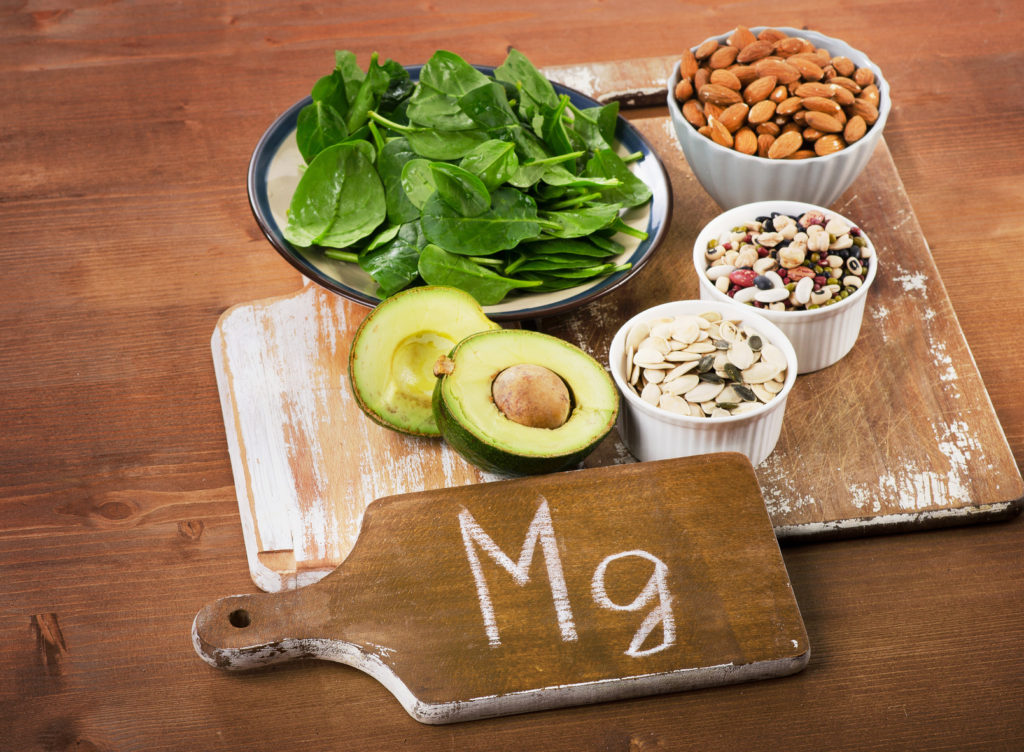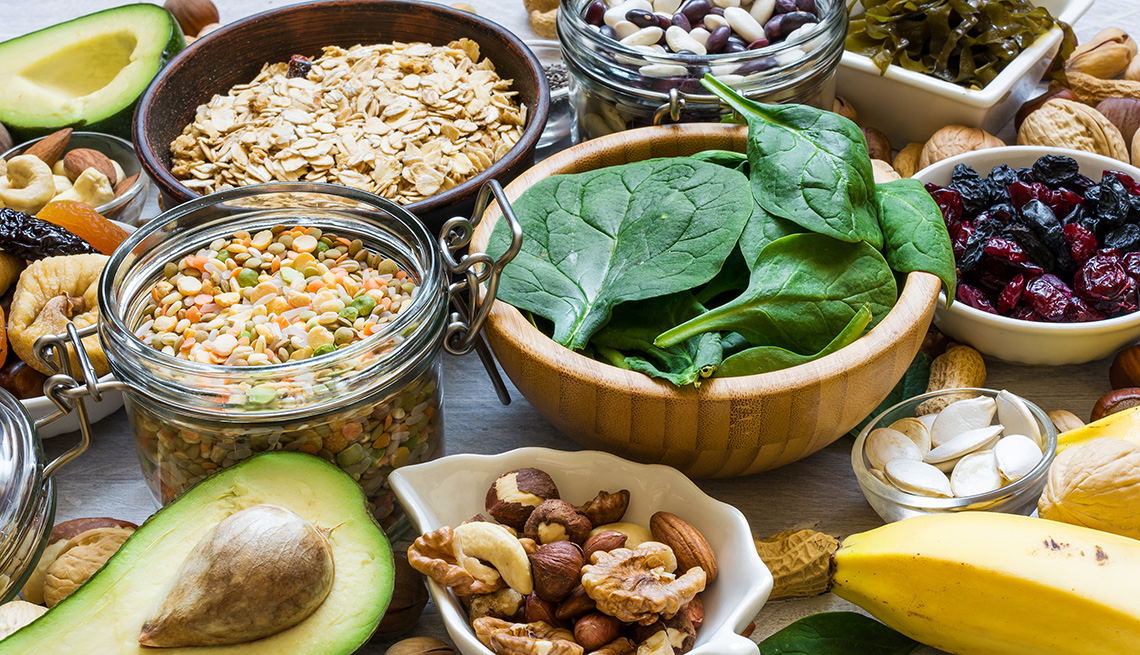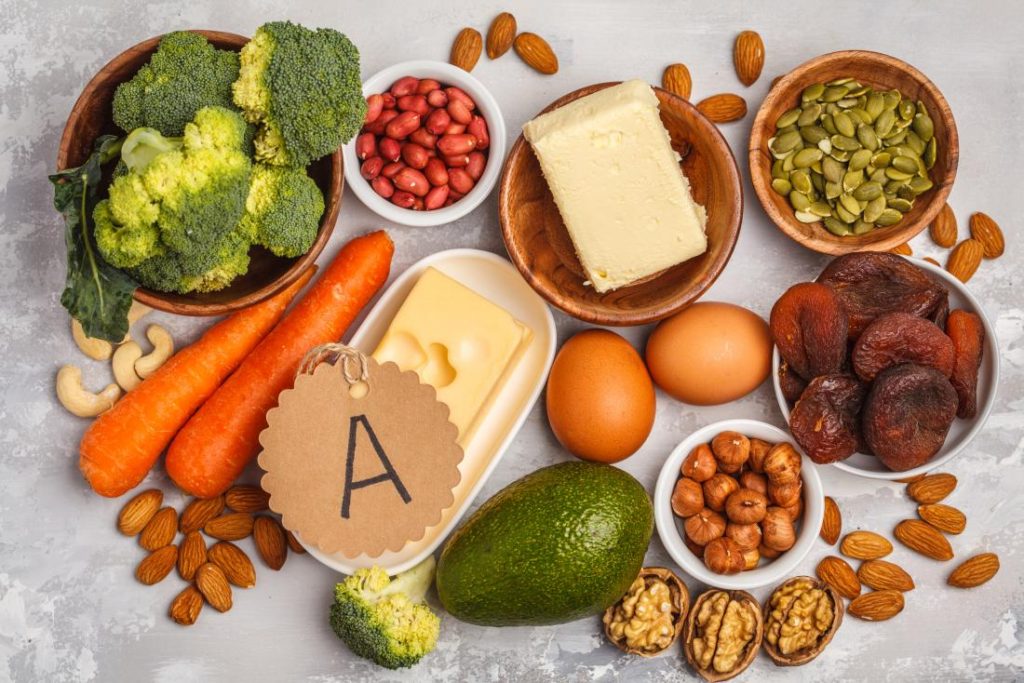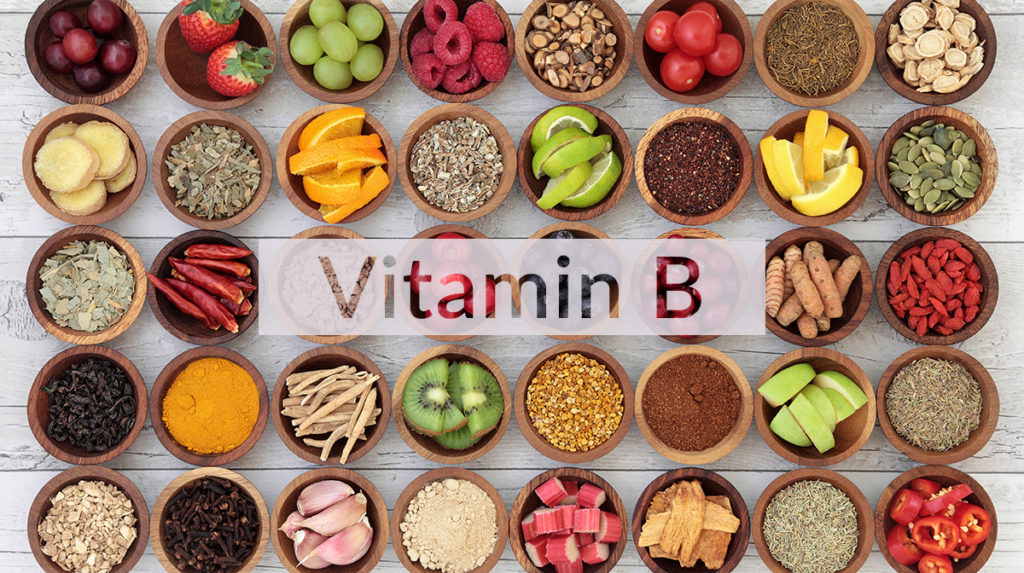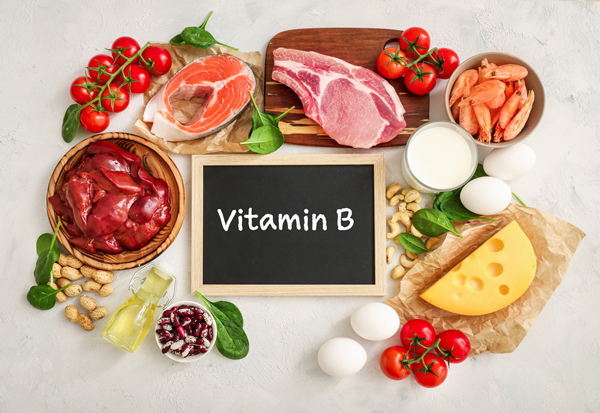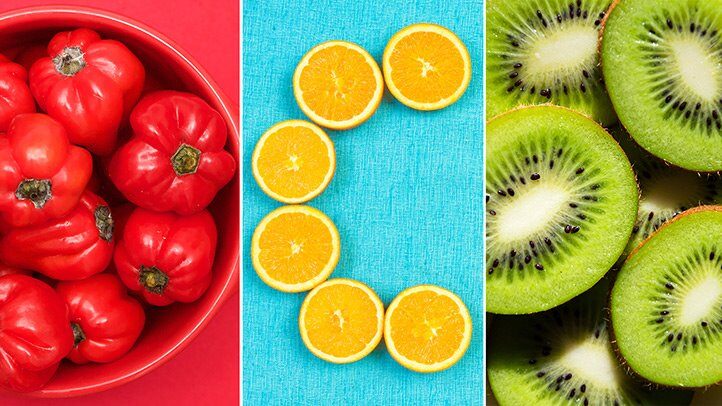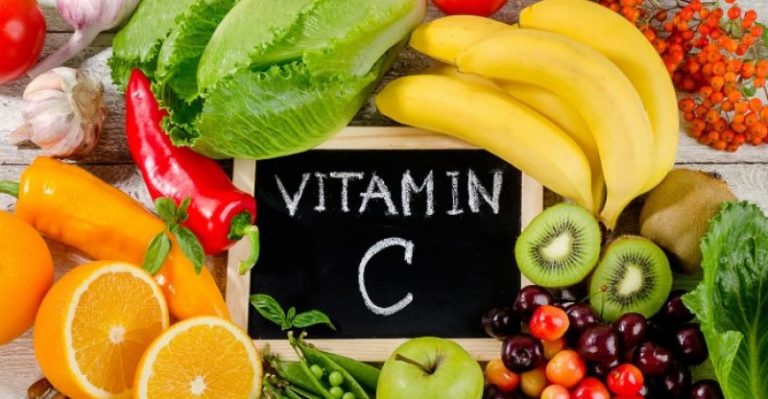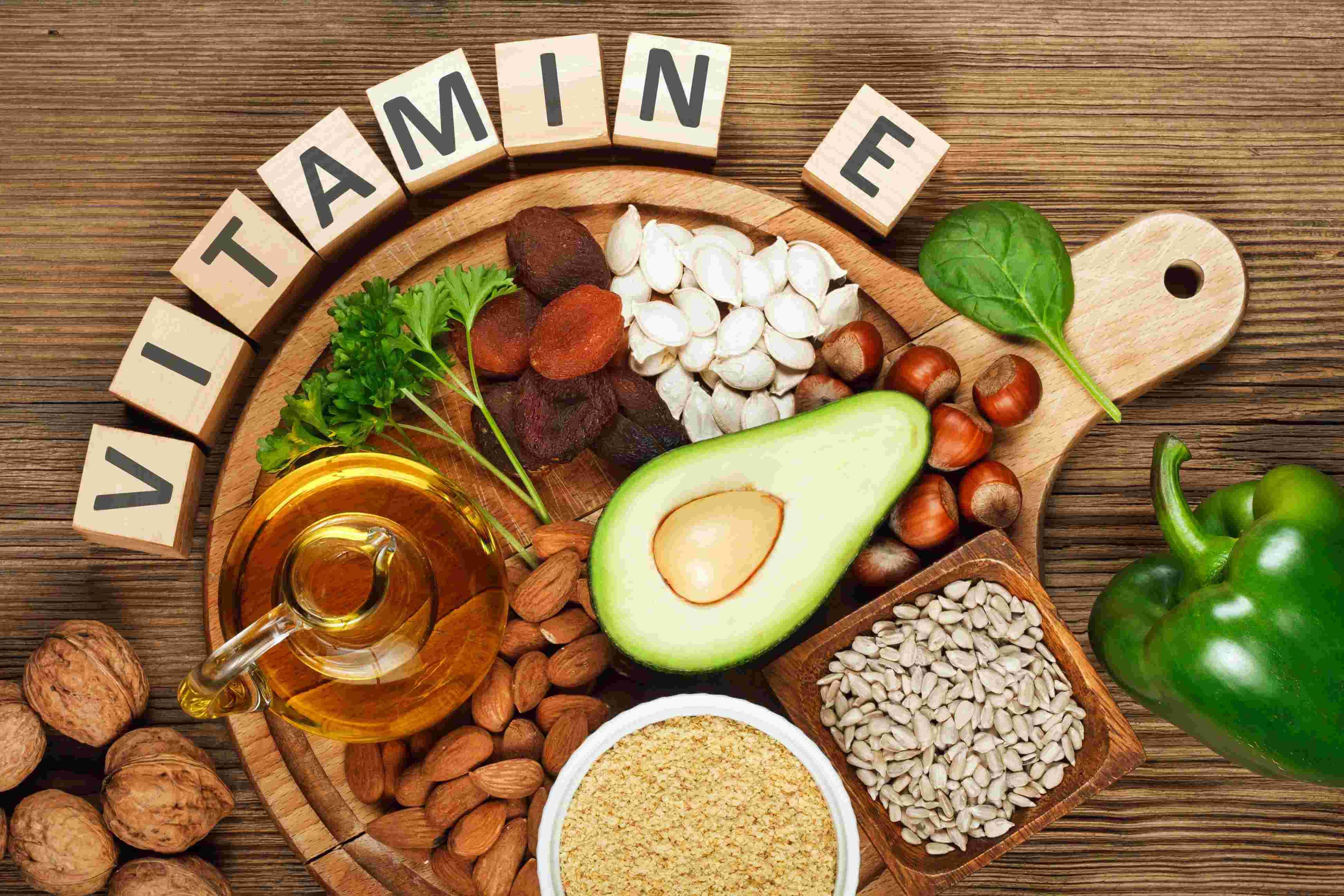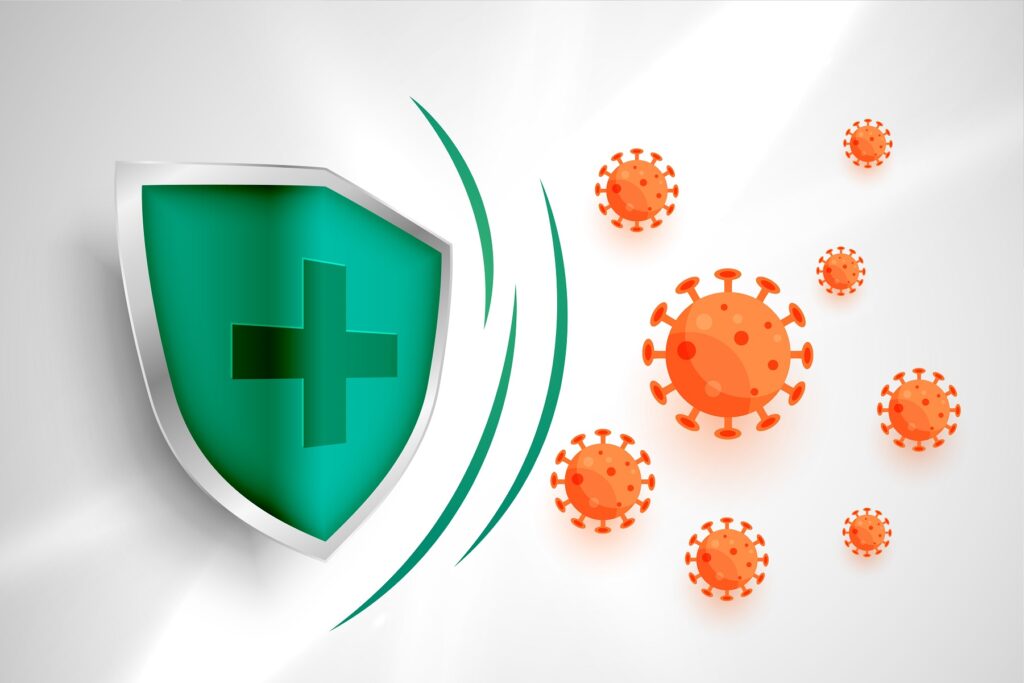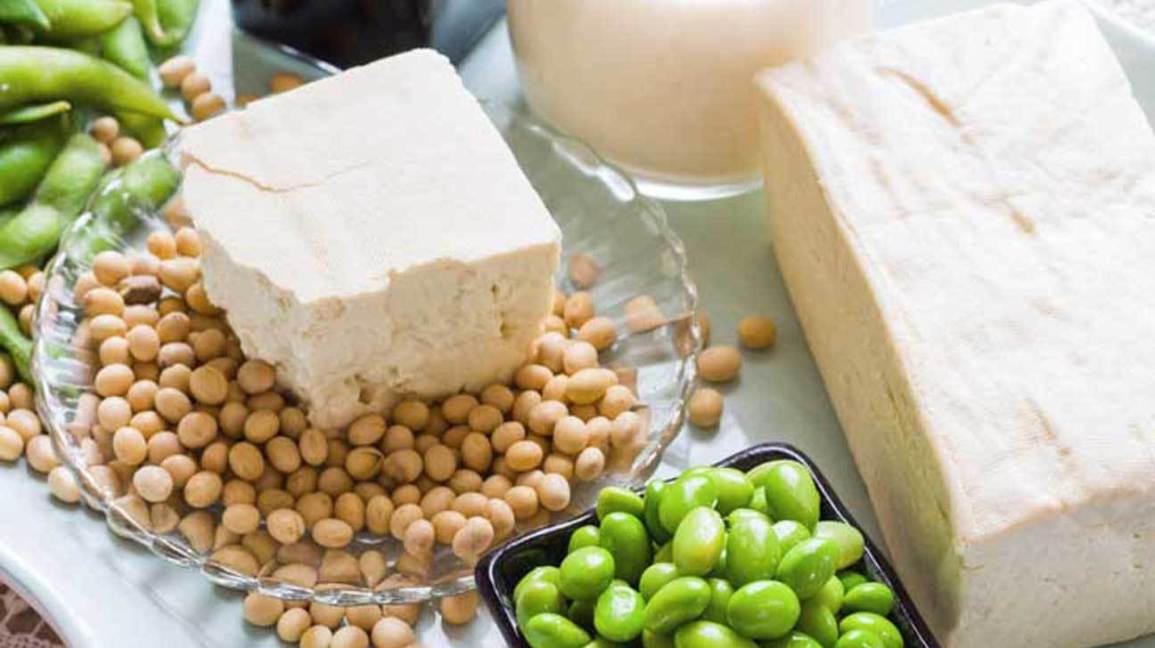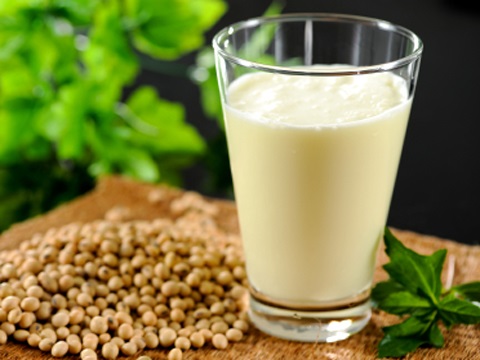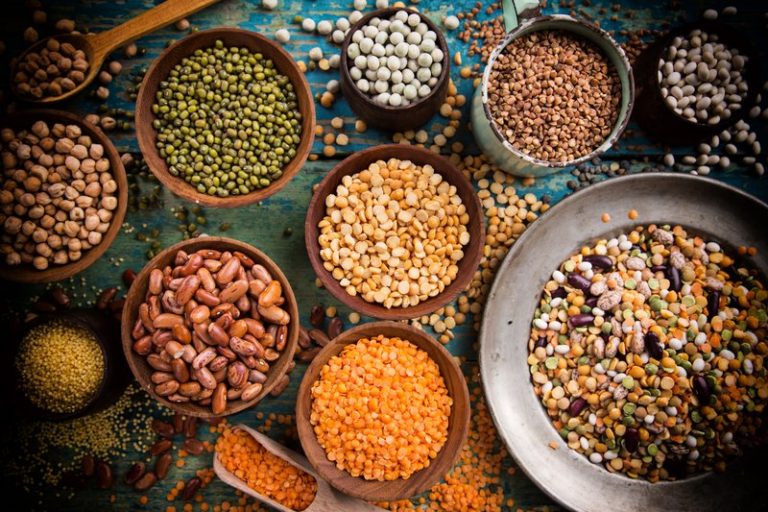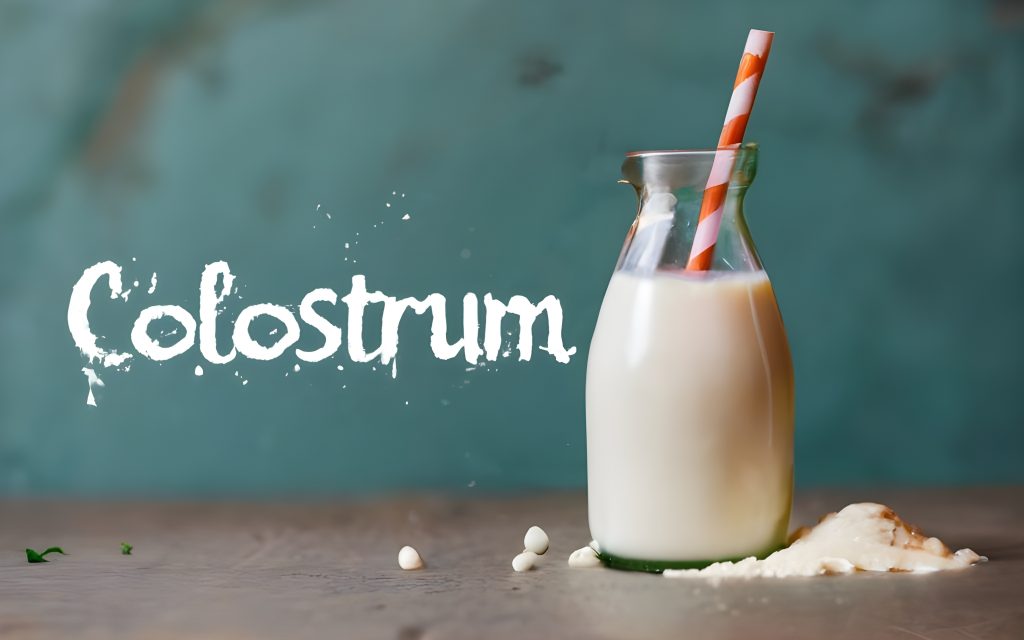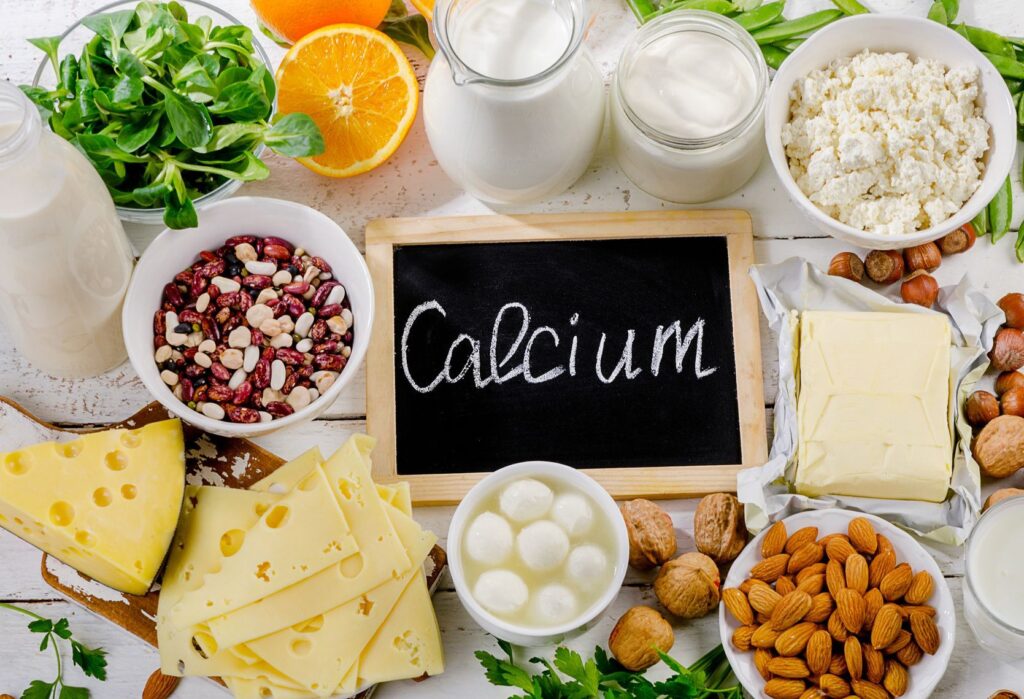🥛 Bovine Colostrum – Nutrient-Rich Superfood for Immunity & Growth
Bovine colostrum is a highly nourishing substance that far surpasses regular cow’s milk in terms of nutrient density. Compared to standard milk, colostrum contains significantly higher levels of protein, healthy fats, carbohydrates, magnesium, B vitamins, and vitamins A, C, and E.
While it is rich in macronutrients, vitamins, and minerals, the most powerful health benefits of bovine colostrum come from its unique bioactive protein compounds.
✅ Key Health-Boosting Compounds in Bovine Colostrum
- Lactoferrin – A multifunctional protein with strong antimicrobial and immune-supporting properties. It binds to iron, helping to inhibit the growth of harmful bacteria, fungi, and viruses.
- Growth Factors (IGF-1 & IGF-2) – Colostrum is naturally rich in insulin-like growth factors, which play a vital role in cell growth, repair, and muscle development.
- Antibodies (Immunoglobulins) – Colostrum contains high levels of IgA, IgG, and IgM, which strengthen the immune system by helping the body fight off bacteria and viruses.
🌟 Health Benefits of Bovine Colostrum
Thanks to its abundance of immune-boosting proteins, growth factors, and antibodies, bovine colostrum may:
- Enhance immune system function
- Support the body’s natural defence against infections
- Promote gut health and digestive balance
- Aid in muscle recovery and tissue repair
- Provide long-term support for overall vitality and wellbeing







